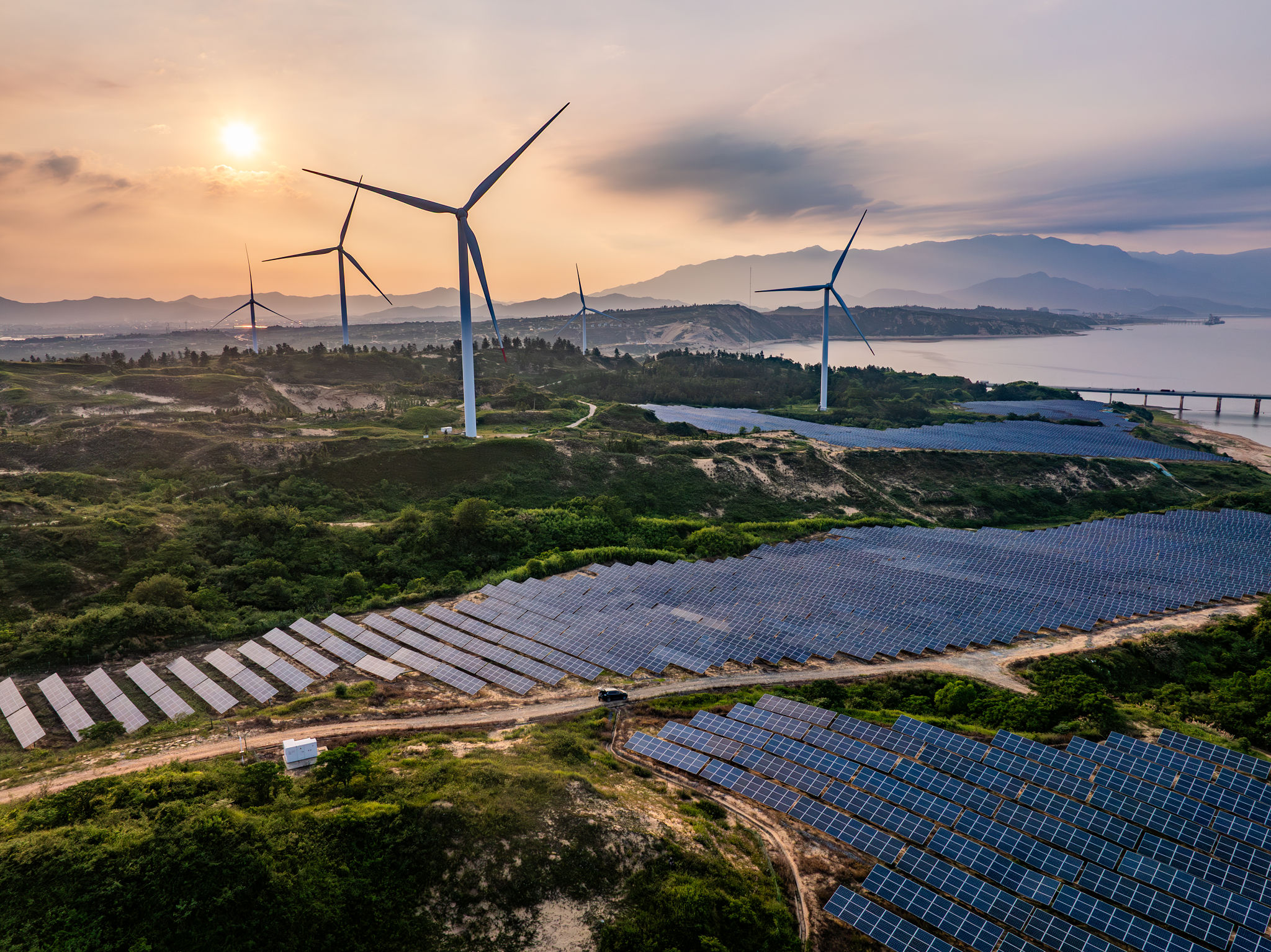Trend Analysis: The Future of Oil and Gas Investments
Introduction
The oil and gas industry has long been a cornerstone of global energy supply, but recent shifts in economics, technology, and environmental policy are reshaping its future. Understanding these trends is crucial for investors looking to navigate the evolving landscape. This article explores key factors influencing the future of oil and gas investments.
Technological Innovations
Technological advancements continue to revolutionize the oil and gas sector. From enhanced drilling techniques to data analytics, innovation is driving efficiency and reducing costs. The integration of artificial intelligence and machine learning allows for better predictive maintenance and resource management, offering a competitive edge to forward-thinking companies.

Automation and Robotics
The use of automation and robotics is increasing in extraction and refining processes. This not only improves safety but also enhances precision and reduces human error. As these technologies become more widespread, companies that adopt them early are likely to see significant returns on investment.
Sustainable Practices
Environmental concerns are pushing the industry toward more sustainable practices. Investors are increasingly considering the environmental, social, and governance (ESG) criteria when making decisions. Companies that prioritize sustainability are better positioned to attract investment and meet regulatory requirements.

Renewable Energy Integration
The integration of renewable energy sources is becoming more common in the oil and gas industry. By investing in solar, wind, and other renewables, companies can reduce their carbon footprint and diversify their energy portfolios. This trend is likely to continue as the demand for cleaner energy grows.
Geopolitical Factors
Geopolitical dynamics have always played a significant role in the oil and gas market. Political stability, trade policies, and international relations can impact supply and pricing. Investors must stay informed about global events and their potential effects on oil and gas assets.

Market Diversification
To mitigate risks associated with geopolitical factors, many companies are diversifying their markets. This includes exploring new regions and investing in alternative energy projects. Diversification helps ensure stability and long-term growth despite geopolitical uncertainties.
Conclusion
The future of oil and gas investments is shaped by a combination of technological, environmental, and geopolitical factors. Investors who stay ahead of these trends and adapt to changes in the industry landscape will be best positioned for success. As the world moves towards a more sustainable future, the oil and gas sector will continue to evolve, presenting both challenges and opportunities for savvy investors.
